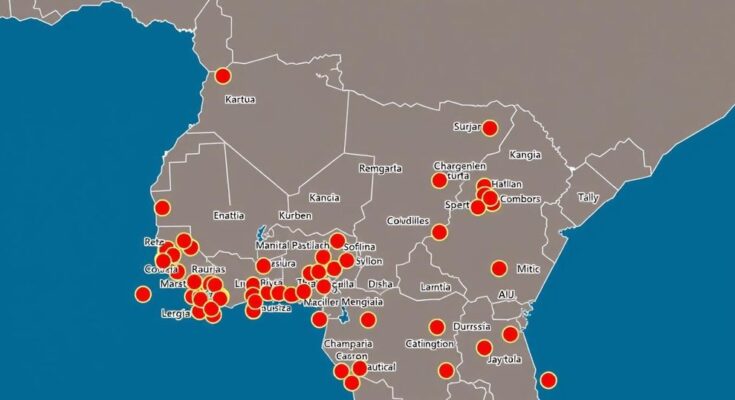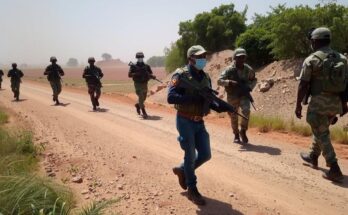In September 2024, the INSO recorded 114 incidents involving NGOs, reflecting a slight reduction primarily due to decreased activity in the DRC and Nigeria. However, fatalities in Ukraine and the DRC underline ongoing risks, while issues in Somalia, Sudan, and Mozambique present new challenges to humanitarian access.
In September 2024, the International NGO Safety Organisation (INSO) documented a total of 114 incidents, showing a modest decrease from previous months. This reduction is partially attributed to a decline in incident volumes in the Democratic Republic of the Congo (DRC) and Nigeria. However, the occurrence of fatal incidents in both Ukraine and the DRC highlights the specific risks that non-governmental organization (NGO) personnel continue to face in these regions. In Nigeria, significant flooding in the northeast appears to have diminished overall organized armed group (OAG) engagements and criminal activities affecting NGO operations. Conversely, in various locations, ongoing actions by OAGs and government countermeasures have restricted access for NGOs. In Somalia, an improvised explosive device (IED) planted by Al-Shabaab injured two civilians at an NGO project site in the Jubaland region. In Sudan, multiple instances of the Rapid Support Forces (RSF) detaining NGO personnel indicate a rising trend of interference with humanitarian efforts. Mozambique is currently facing new challenges as government operations against the Islamic State Mozambique (IS-M) introduce additional access restrictions, with reports of IS-M members regrouping in the southern regions. Furthermore, the broader Middle East context has largely transitioned focus towards Lebanon, although violence in the West Bank continues to escalate. In Gaza City, a major military operation by Israeli forces is in progress, further contributing to the instability in the area.
The context of NGO operations in regions such as the DRC, Nigeria, and Ukraine is critical in understanding the safety and risk levels these organizations face. Historical data indicate that political instability, armed conflicts, and natural disasters significantly impact the operations of NGOs, leading to varying levels of access for humanitarian aid. The interplay of natural disasters, such as flooding in Nigeria, and armed groups’ activities, such as those in Somalia and Mozambique, shapes the landscape in which NGOs operate.
In summary, while incident reports have shown a slight decrease in September 2024, the environment for NGOs remains precarious. The risks posed by armed groups and governmental actions continue to disrupt humanitarian efforts. Understanding these dynamics is essential for the planning and execution of effective NGO operations in conflict-affected regions. The situation underscores the need for continuous monitoring and adaptive strategies to ensure the safety and efficacy of humanitarian interventions. As the situation evolves, ongoing assessment and response strategies are vital to accommodate these challenges.
Original Source: reliefweb.int




